Congratulations to Professor Vanora Hundley in the Centre for Midwifery, Maternal & Perinatal Health (CMMPH) on the publication of her latest international paper ‘How do midwives in Slovenia view their professional status?’ [1]. 
The paper explores Slovenian midwives’ views of their professional status, linkng this to the participants’ educational background. Most participants did not consider midwifery to be a profession in its ow right. Midwives with secondary education were more likely to consider practical skills to be important than theoretical midwifery knowledge. In general Slovenian midwives did not feel enabled to practise autonomously causing them several ethical dilemmas. All participants with midwifery secondary school education thought that obstetrics jeopardises midwifery scope of practice, but only half of the B.Sc. participants thought this. One-fifth of all participants estimated that midwifery is also threatened by nursing. The respondents reported feeling a lack of control over their professional activity and policy making; however the majority of midwives claimed that they were willing to take on more responsibility for independent practice. The authors conclude that Slovenian midwifery cannot be considered to be a profession yet. It faces several hindrances, due to its historical development.
Prof. Edwin van Teijlingen
CMMPH
Reference:
Mivšek, P., Pahor, M., Hlebec, V., Hundley, V. (2015) How do midwives in Slovenia view their professional status? Midwifery 31(12):1193-201
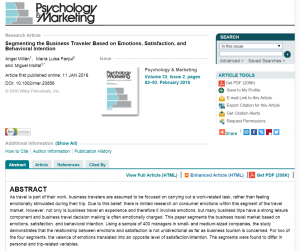

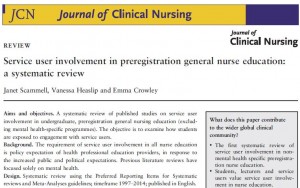

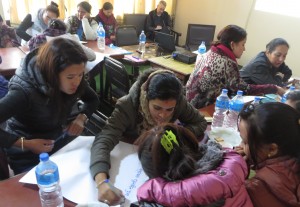
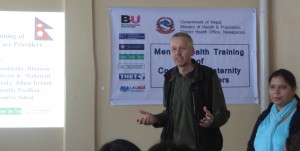

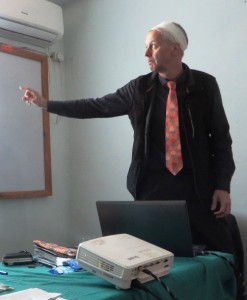
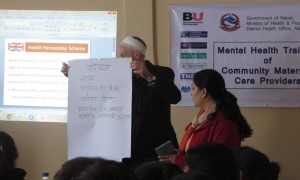
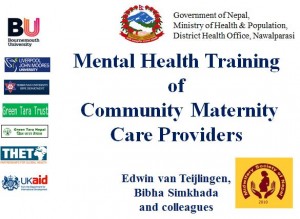
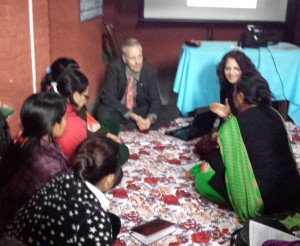


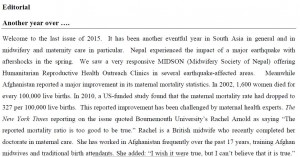

 with BU on a range of health and maternity-care projects. The birthing centre has been improved since our last visit one year ago. There now is a newly build decomposition pit for the disposal of placentas. There is a new postnatal recovery room, and the number of local women giving birth in the facility has been increasing! When we arrived a new baby had just been born an hour or so earlier (second photo with proud father on the right).
with BU on a range of health and maternity-care projects. The birthing centre has been improved since our last visit one year ago. There now is a newly build decomposition pit for the disposal of placentas. There is a new postnatal recovery room, and the number of local women giving birth in the facility has been increasing! When we arrived a new baby had just been born an hour or so earlier (second photo with proud father on the right).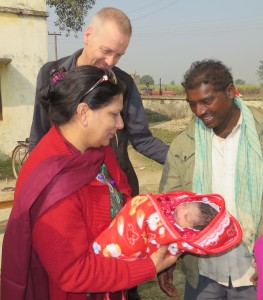

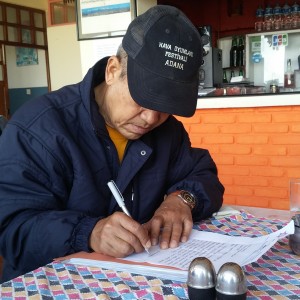
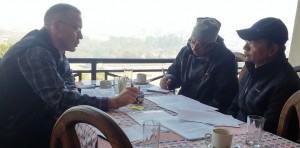
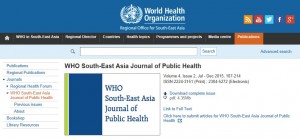
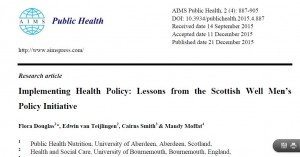












 SPROUT: From Sustainable Research to Sustainable Research Lives
SPROUT: From Sustainable Research to Sustainable Research Lives BRIAN upgrade and new look
BRIAN upgrade and new look Seeing the fruits of your labour in Bangladesh
Seeing the fruits of your labour in Bangladesh Exploring Embodied Research: Body Map Storytelling Workshop & Research Seminar
Exploring Embodied Research: Body Map Storytelling Workshop & Research Seminar Marking a Milestone: The Swash Channel Wreck Book Launch
Marking a Milestone: The Swash Channel Wreck Book Launch ECR Funding Open Call: Research Culture & Community Grant – Application Deadline Friday 12 December
ECR Funding Open Call: Research Culture & Community Grant – Application Deadline Friday 12 December MSCA Postdoctoral Fellowships 2025 Call
MSCA Postdoctoral Fellowships 2025 Call ERC Advanced Grant 2025 Webinar
ERC Advanced Grant 2025 Webinar Update on UKRO services
Update on UKRO services European research project exploring use of ‘virtual twins’ to better manage metabolic associated fatty liver disease
European research project exploring use of ‘virtual twins’ to better manage metabolic associated fatty liver disease